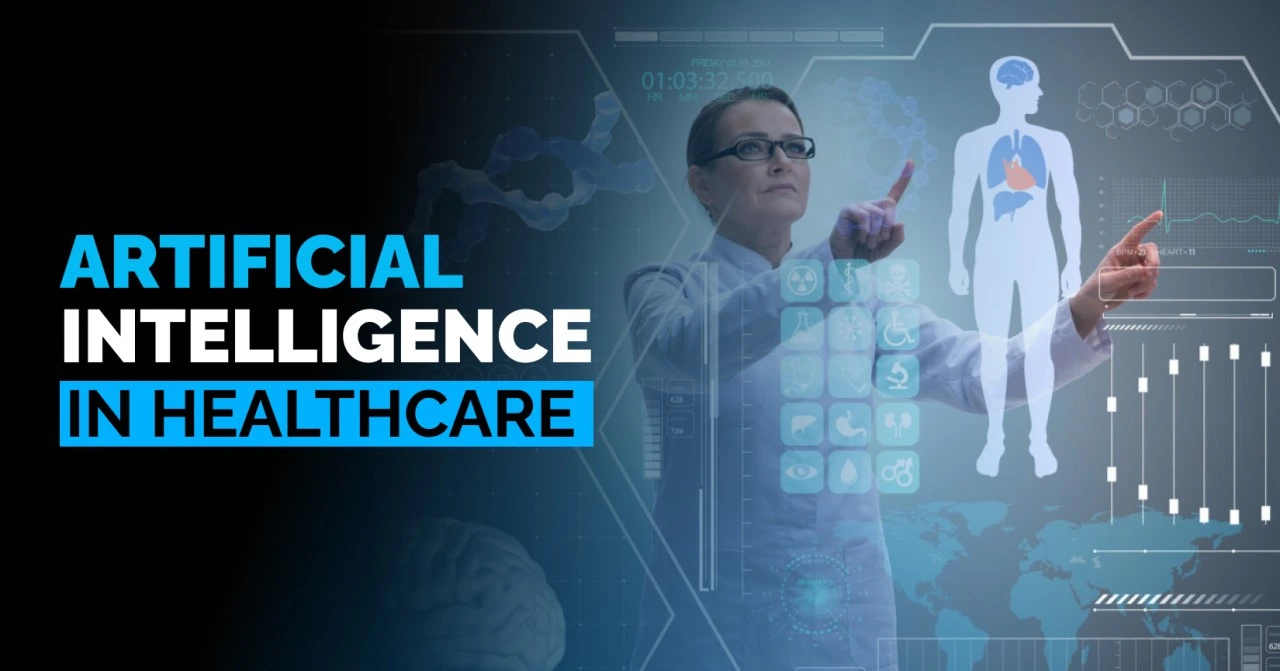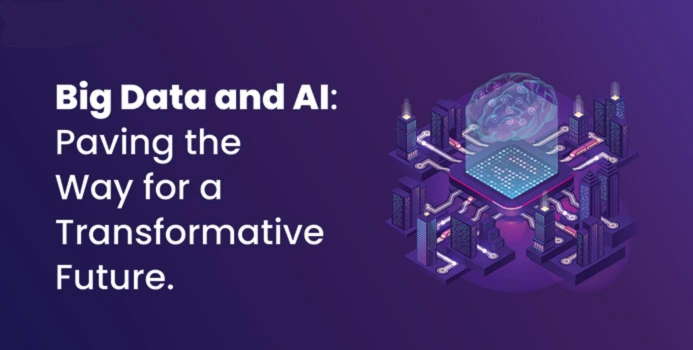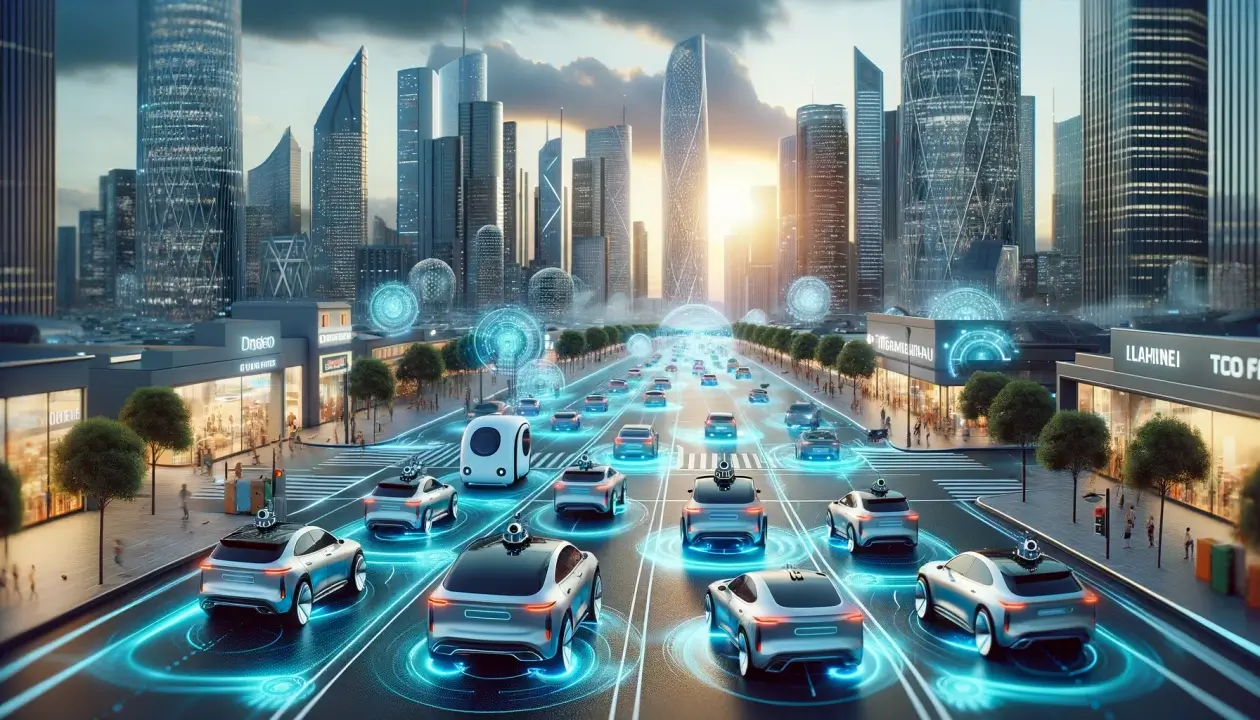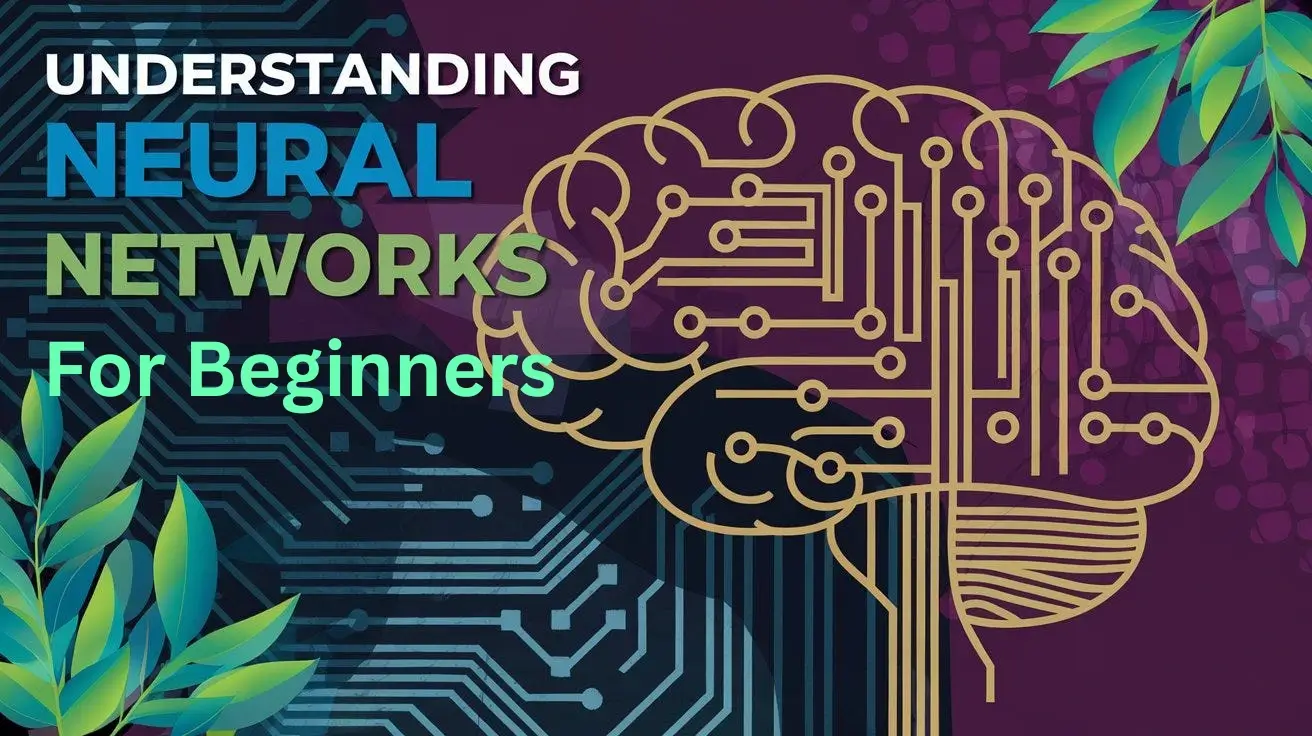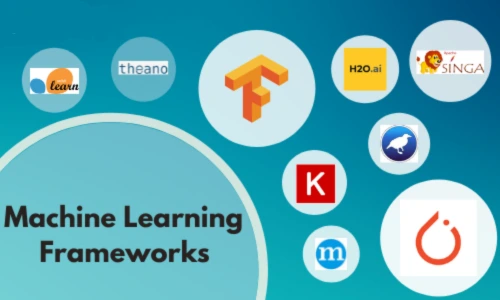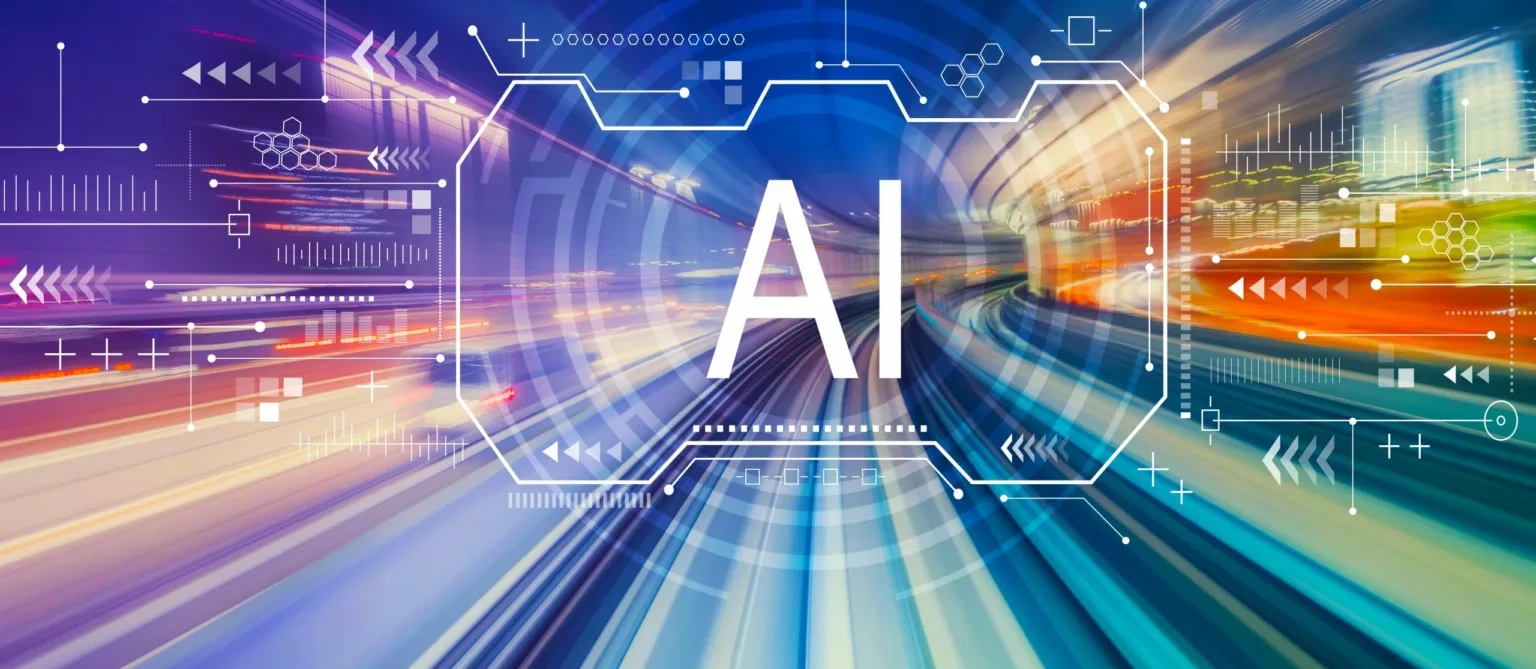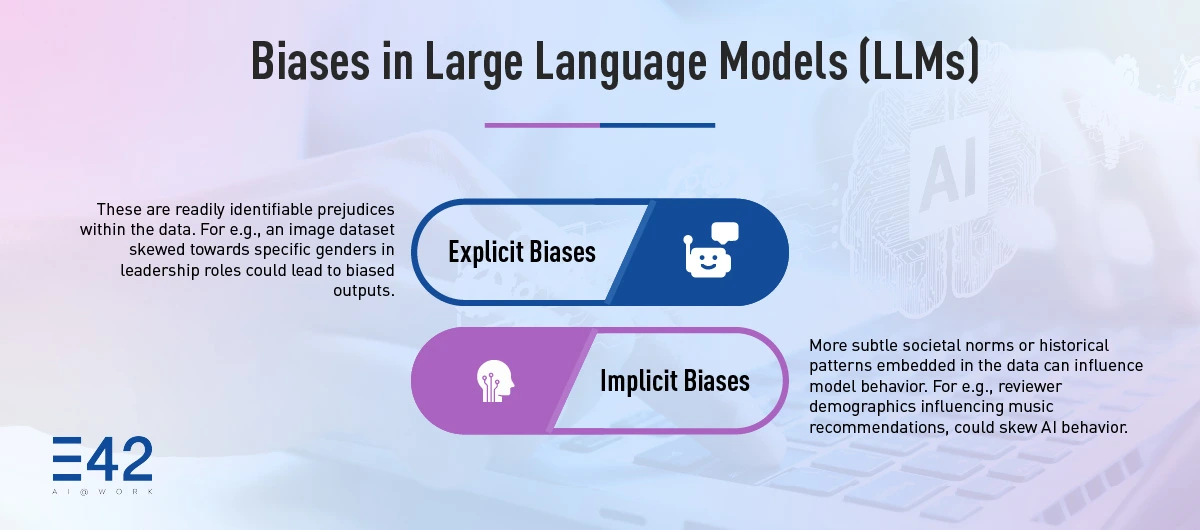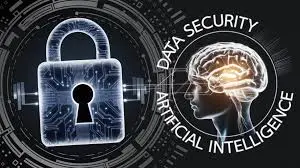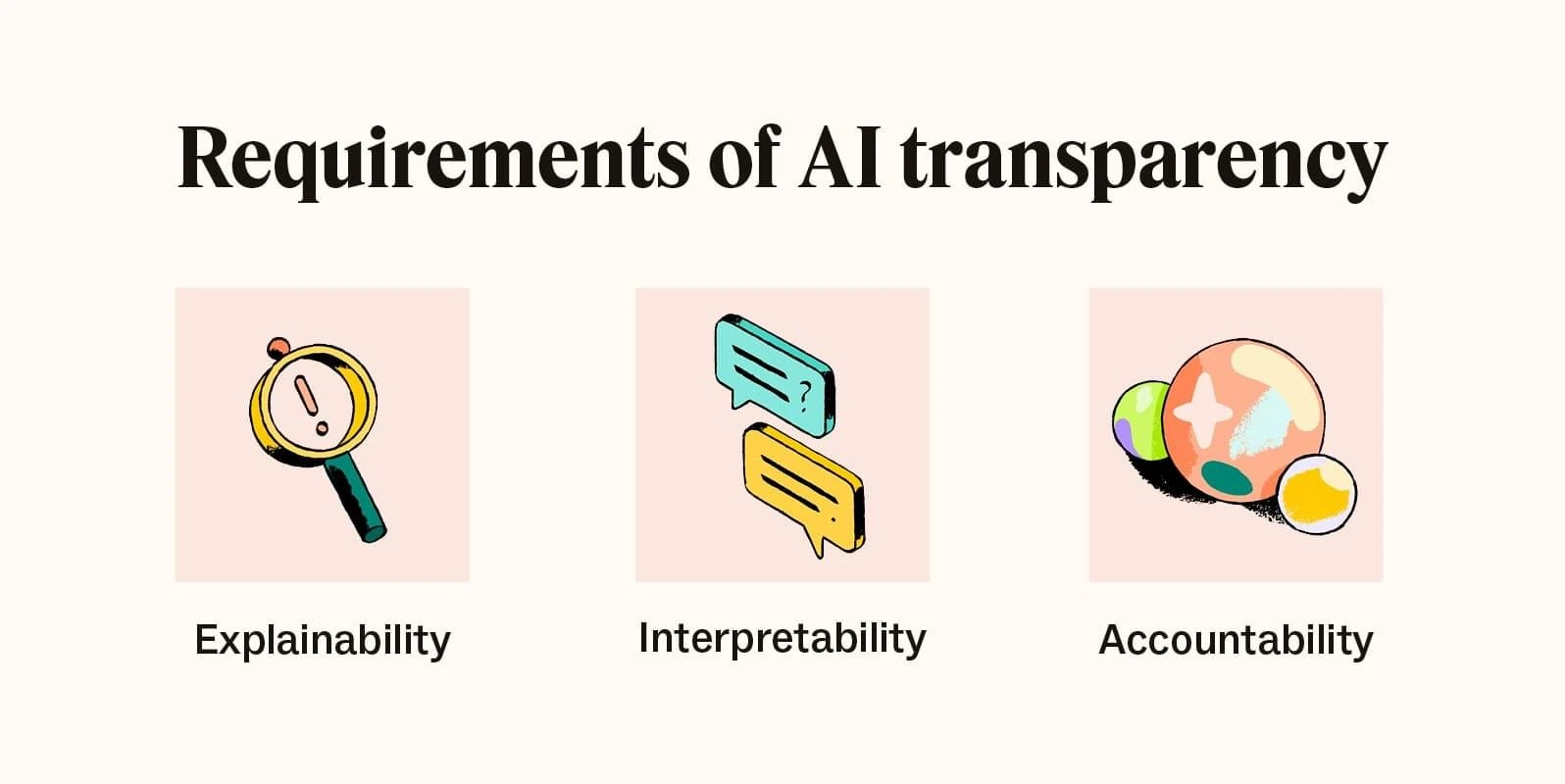Imagine walking into a hospital and being greeted not just by doctors and nurses but also by an AI-powered assistant that already knows your medical history. It can even predict the likelihood of your symptoms pointing to something serious—all before you’ve even met the doctor. This might sound futuristic, but it’s happening now, and AI is changing the way we think about healthcare.
When I first encountered an AI-powered diagnostic tool, I was struck by its precision. It wasn’t just about data; it felt like the machine truly understood the complexity of a condition. AI in healthcare isn’t just an upgrade; it’s a whole new way of saving lives.
Why AI Feels Like the Right Fit for Healthcare
There’s a sense of urgency in medicine that technology is uniquely equipped to handle. Think about it—when time is of the essence, whether for detecting a stroke or predicting cancer risk, AI steps in with unmatched speed. It’s like having an additional expert on the team who never gets tired.
One time, a friend shared their story about an AI-based dermatology app identifying a suspicious mole. The app flagged it as high-risk, prompting an immediate doctor visit. That mole? Early-stage melanoma. It’s hard not to marvel at how AI literally saved their life.
AI's Role in Diagnosis: Bridging Gaps
A Second Set of Eyes in Radiology
Radiologists are great at spotting abnormalities, but AI tools add an extra layer of scrutiny. From detecting lung nodules to identifying fractures, AI has an uncanny ability to spot the tiniest details. This collaboration between humans and technology is creating more accurate diagnoses, faster.
Genomics: Unlocking Personalized Medicine
AI analyzes genetic information at a scale and speed no human could match. By identifying genetic markers, it paves the way for personalized treatments. Imagine knowing which medication works best for you based on your DNA—AI is making this a reality.
AI in Treatment: Not Just Diagnosing But Healing
Robotic-Assisted Surgeries
AI-powered robots are assisting surgeons with precision that’s simply not humanly possible. While the surgeon controls the robot, its algorithms ensure every movement is calculated. A family member of mine underwent such surgery for a hernia. What struck me most was how minimal their recovery time was compared to traditional procedures.
AI-Driven Drug Discovery
Developing new medicines takes years, but AI can identify potential drug compounds in months. It combs through millions of chemical structures, predicting which combinations could effectively treat diseases.
The Ethical Tightrope of AI in Healthcare
While AI is undoubtedly a game-changer, it brings ethical challenges. Imagine relying on an algorithm that, despite its accuracy, is not infallible. Transparency is key. Patients should know how decisions are made. After all, would you trust a machine if you didn’t understand how it works?
A personal concern of mine is data privacy. Healthcare data is sensitive, and while AI relies on massive datasets, ensuring this information stays secure is non-negotiable. It’s a conversation we all need to have.
AI in Everyday Healthcare: Real-World Applications
- Chatbots for Basic Consultations: AI chatbots are stepping in for initial consultations, saving time for both patients and doctors. I recently tried one for a cold—it asked questions, suggested over-the-counter remedies, and even told me when to see a doctor.
- Wearables Monitoring Chronic Conditions: Devices like smartwatches are more than fitness trackers; they’re lifelines for those with chronic conditions. A friend’s wearable detected an irregular heartbeat, prompting a quick trip to the ER. The result? A life saved.
Challenges and Limitations: Where AI Falls Short
While AI excels in many areas, it’s not perfect. Machines can misinterpret unusual cases or rely too heavily on historical data. Take my uncle’s experience: an AI system failed to recognize his rare autoimmune disorder, something his human doctor spotted almost instantly.
Then there’s the accessibility issue. AI tools are expensive, making them less available in underprivileged areas. Until these technologies become affordable, their benefits remain out of reach for many.
Looking Ahead: The Future of AI in Healthcare
The thought of what’s next in AI excites me. Imagine a day when doctors, aided by AI, can diagnose diseases we don’t even fully understand yet. Or when remote villages gain access to AI diagnostics, bridging healthcare disparities. These aren’t just dreams; they’re possibilities within our lifetime.
AI isn’t here to replace doctors but to empower them. It’s a tool—one that, when wielded responsibly, has the potential to transform lives.
